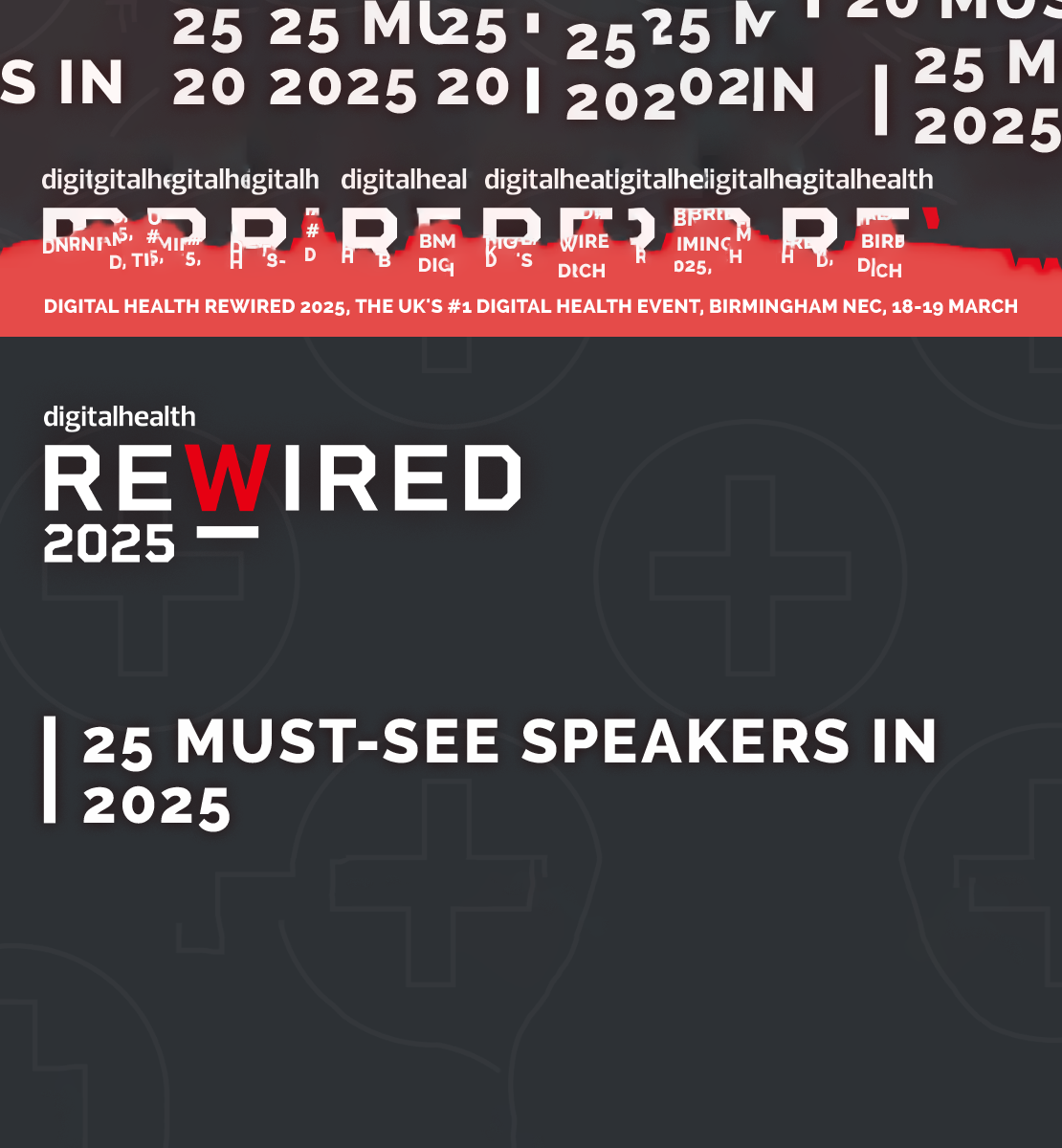Digital Health Coffee Time Briefing ☕
- 8 December 2023

Your morning summary of digital health news, information and events to know about if you want to be “in the know”.
👇 News
🤳 Holly Health, a personalised digital health coaching platform, has secured £650k in an investment and grant funding round, including £323k funding from Innovate UK, as part of the Future Economy Investor Partnerships scheme. The round sees participation from UK and international investors, including the Innovation SuperNetwork, Plug and Play Ventures, and award-winning NHS primary and community services provider, Modality Partnership, emphasising a shared commitment to addressing the escalating multimorbidity challenge. Multimorbidity (living with 2 or more chronic health conditions) affects over 1 in 4 adults and is on the rise. Chronic conditions contribute significantly to the NHS’s financial burden (e.g. cardiovascular disease costs the NHS £7.4 billion annually), however, most are largely preventable through lifestyle changes, when given the right support. Holly Health aims to reduce healthcare costs by providing affordable, personalised support to millions.
🧠 Advanced MRI scanners being developed by University of California Berkeley will allow doctors and scientists to see the brain in greater detail than ever before which could lead to ground breaking treatments for brain disorders such as degenerative diseases, schizophrenia and developmental disorders, including autism spectrum disorders. Two Scottish companies have been instrumental in the development of the equipment used in the NextGen 7T scanner for the university, Wideblue and MR Coiltech, both based in Glasgow. Wideblue is a leading medical device product consultancy and MR Coilech is a world leader in high-density MRI head coil development.
💵 Another day, another AI deal. Tuesday was Sanofi’s turn to partner up, striking a deal worth up to $140 million to work on the discovery of small molecules with its compatriot Aqemia. Paris-based Aqemia was spun out of École normale supérieure in 2019 to build on more than a decade of research into quantum physics algorithms. The startup is using the algorithms and generative AI to try to accelerate drug discovery, both in collaboration with partners and to fuel its internal pipeline. Ultimately, the goal is to create biotech spin-offs to advance dozens of wholly or partly owned drug candidates.
🗃 Like many other repercussions from the US Supreme Court’s Dobbs decision, the issue of patient privacy is fraught. Abortion access and laws vary widely depending on where you are, spurring concern about what happens when patients’ electronic health records are shared across institutions and state lines. The Biden administration hopes to introduce new patient privacy regulations to protect patients and providers from prosecution, but health care giants UnitedHealth Group and Epic are pushing back, STAT News reports.
♻ The effect of climate change on human health is increasingly visible, and health systems will inevitably be challenged over coming decades. Healthcare professionals are also increasingly aware of our climate impact—healthcare is responsible for 4.6% of emissions globally. The 28th annual UN climate conference (COP28) for the first time included a “health day” dedicated to climate and health. Several key papers on climate and health have been published ahead of December’s COP28. A central report in this flurry of activity is the operational framework for building climate resilient and low carbon health systems from the World Health Organization. To address the challenges of climate change and continue to protect their populations, healthcare systems need to improve resilience to climate risks, optimise resource use, and reduce emissions—all while continuing to deliver healthcare and improve population health, the BMJ reports.
❓ Did you know that?
At least three in five A&E departments in England currently fall below the waiting standards pledged under the NHS Constitution, an independent study has found. The East of England, North East and Yorkshire, and London have the highest number of A&E departments that have patients wait over four hours. The research, carried out by personal injury experts at Claims.co.uk, is based on a three-month average of the NHS data from July to September 2023. It has found that at least 122 out of 203 A&E departments in England break the so-called “four-hour standard”. This refers to having 95% of all A&E patients admitted, discharged or transferred within four hours from arrival. The study focused solely on analysing the waiting times from the moment a decision to admit has been made, known as “trolley wait”, until the patient departed, which means that the total time A&E patients wait from arrival is even longer.
📖 What we’re reading
As people age, their cells undergo a raft of biochemical changes that lead to organ damage and, eventually, death. But a new study in Nature that tracks proteins suggests that these changes aren’t uniform: an individual’s organs can age at different rates, and a given organ can age at a faster rate in one person than in another with the same chronological age. The authors studied 11 major organs and report that all of them can be subject to ‘accelerated’ ageing, as defined by the levels of certain proteins in the blood. Tests for proteins related to organ age could help researchers to develop treatments for age-related health problems and could also guide personalised treatment plans, says Hamilton Oh, a computational biologist at Stanford University in California and a study co-author. To explore how organs age, Oh and his colleagues first analysed nearly 5,000 proteins in blood samples from 1,398 healthy adults. They identified about 850 proteins that originated mainly from a single organ and trained a machine-learning algorithm to predict a person’s age on the basis of the levels of these proteins.
🚨 This week’s events
8 December 12:30-13:30 – Digital Health Webinar: Accelerating Healthcare Insights – Rapidly unlocking value from your data





